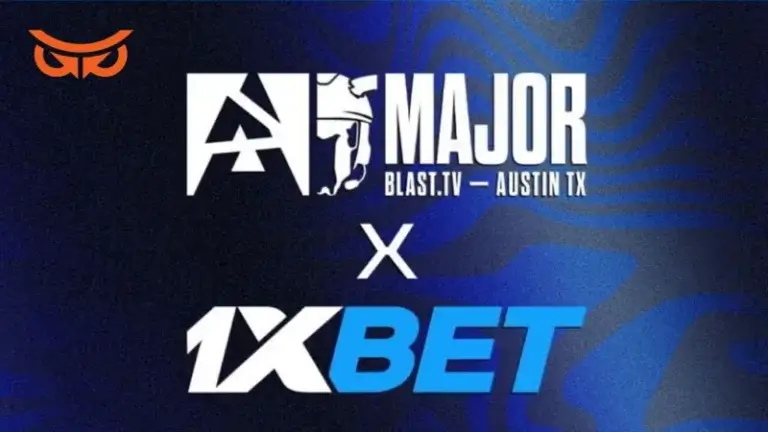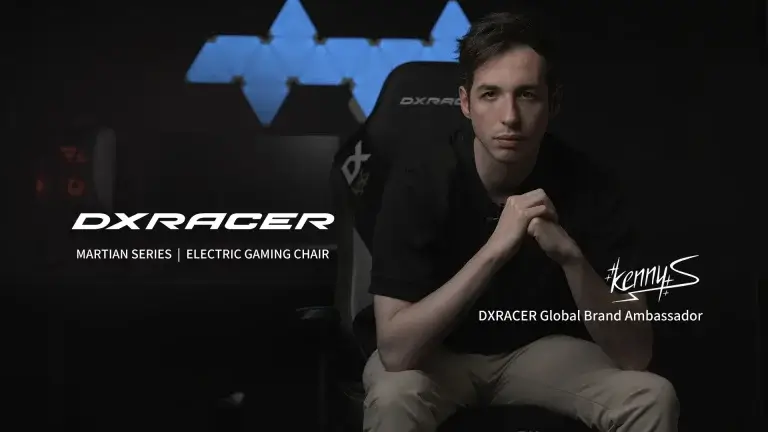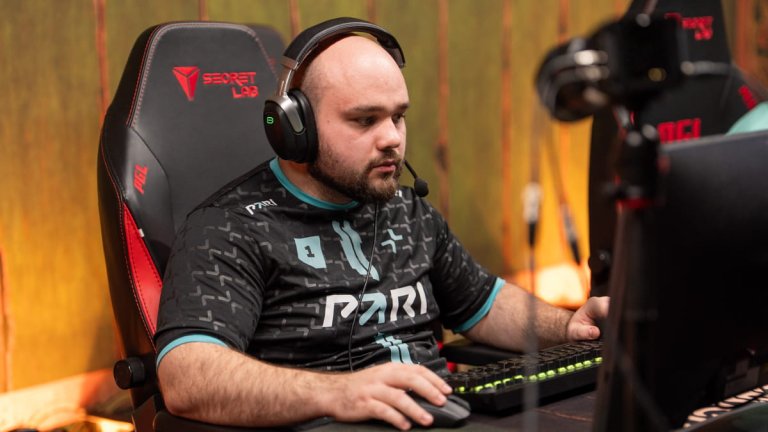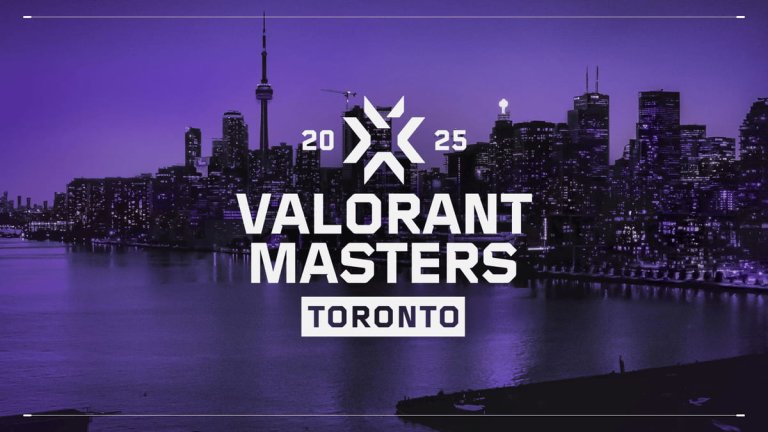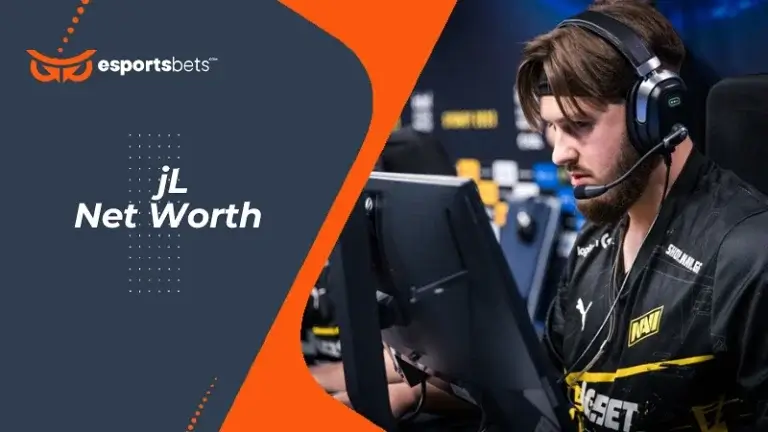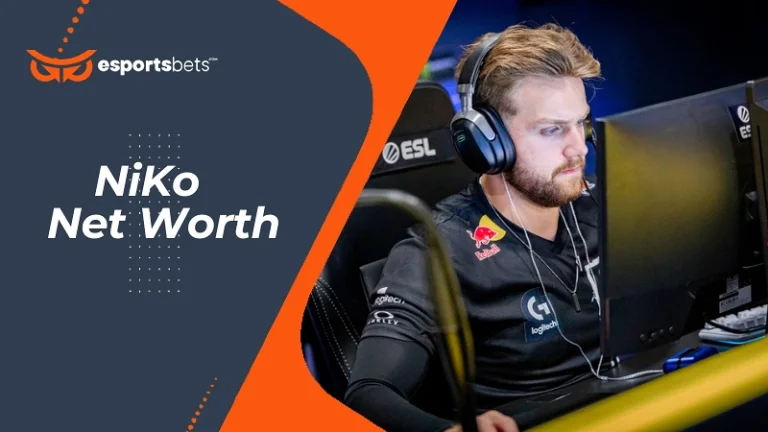GameScorekeeper CCO Marc Burroughes on esports wagering, regulation, crypto and the future of the industry
You may recall that last week, we reported on how GameScorekeeper feel that the future for esports betting may look very different to the types of betting we see today.
This is a very important topic and one that we felt required further investigation, so we contacted GameScorekeeper’s CCO Marc Burroughes and he kindly agreed to answer some of our questions about his standpoint on esports betting new trends and regulations.
However, we also looked a little more in-depth about the future of the industry as a whole, touching on the issue of the role of cryptocurrency and digital currency within the world of esports, which types of esports titles will be the most popular for people to bet on when they join an esports sportsbook in the future and what are the main issues facing esports betting providers currently as they look to provide the betting opportunities of tomorrow?
Let’s take a look at the interview in full now to see exactly what Mr Burroughes feels are going to be the key issues within the industry moving forward starting with the question that is perhaps the most burning issue facing companies competing in the burgeoning esports betting industry.

What’s the biggest challenge you see when it comes to esports wagering?
MB – The big challenge is how to reach and appeal to the emerging esports audience while managing existing revenue growth expectations from other areas.
We believe you need a very different product from what’s available today to be successful in this space. The offering needs to be much more tailored to the esports fan but also still be suitable for existing esports bettors.
Achieving this is not an easy task for the established sports betting operators, especially when the level of investment is higher than the revenues currently being generated by esports wagering. The ROI is likely to be realised further down the line so it’s a hard sell with internal stakeholders.
It requires a clear product strategy, a vision which is supported by senior management and then of course a budget, resources, and in-house expertise such as traders who understand the nuances of the individual games.
This is likely to take time unless the strategy is to enter the market through acquisition.
How do you see the market evolving in the coming years?
MB – Over time we expect the market to become more sophisticated and for the wagering industry to have a better understanding of the esports ecosystem and audience. In most cases, esports is currently thrown into a betting product which isn’t optimised for the esports enthusiast. In the coming years, with greater knowledge and in-house expertise, there will be a greater understanding of which game titles are suitable for the regions operated in, the differences between the audience for these game titles and regions and what type of wagering markets are needed to provide an engaging and entertaining experience.
As the esports industry matures, we should see more professionally run tournaments across a greater number of game titles, offering a consistent number of high-quality events which attract, retain and engage with fans. This should help the esports wagering industry, making betting on these events more credible. By having events consistently running, encourages potential bettors to build wagering on esports events into their regular routine, just like we see across traditional sports such as Premiership football etc.
What’s your take on esports betting right now and what are some of the challenges with providing odds for this fast-growing industry?
MB – Up until recently, esports was treated as a filler/add on category to a sportsbook. Most operators took the esports odds offered by their incumbent odds-feed providers, who aren’t necessarily specialists in esports.
The expected revenues has been from trying to cross sell esports to existing customers, who are predominantly traditional sports bettors and an older demographic.
Most operators appreciate and accept that the real opportunity comes from targeting the wider esports audience, who are a very different demographic, and as such the overall experience needs to change from what it is today.
What we’re now seeing is operators taking the first step into building an MVP by improving the betting markets they offer. What we expect to see next, is a greater focus on the overall visual front-end experience and engagement features which talk to these potential customers.
Are there specific markets where you see a lot of potential or interest from players to bet on these games?
MB – Regions and countries where there is a young population such as Asia, seem to be more advanced from an esports betting point of view. The interest in esports among the 18+ in many of the Asian countries is as high as 45%, so that seems to be correlating to a higher number of bookies who are focused on esports in this region.
As the European esports industry continues to develop and mature, we expect to see further growth coming from new game titles such as Valorant which has a well-run and planned out tournament structure.
Game titles such as FIFA also has its place as a good cross-sell game title, especially in the CIS region.
Mobile esports is an interesting and exciting opportunity to watch. The viewership numbers for some game titles are staggering. For example, according to Esports Charts, the last PUBG Global Championship had a total 159 million views across Twitch, Facebook and YouTube. We expect to see this trend continuing and there are other mobile games showing a rapid incline in viewership numbers.
Will increased regulation change the esports wagering sector?
MB – It’s hard to generalise as each region differs, in some European markets there are already strict regulations in place against accepting bets on players/teams who are below the age of 18.
As popularity in esports grows, we expect to see other markets follow suit, especially in the US where the regulations for traditional sports are stringent.
Like traditional sports, sponsorship partnerships with betting companies is a key part of the ecosystem. Again, depending on the region, any changes with regulations on shirt sponsorship will impact esports but it’s a bit unclear exactly how at the moment.
Do you consider that the recent growth in popularity of (digital currencies/crypto) will be influential somehow in esports betting?
MB – Both the esports and crypto industries are extremely forward-thinking, which naturally will result in a symbiotic relationship. Surveys from Mastercard shows that 77 percent of millennials are interested in learning more about crypto, and just about the same percentage (75%) of this demographic “would use crypto if they understood it better”.
The crossover between gaming and crypto-curious audiences is a really interesting area that we’re exploring with some of our partners, and we believe this will continue to evolve into opportunities in the future.
Many of the esports first wagering operators have already embraced cryptocurrencies as a payment currency, while esports organizations like OG, Natus Vincere and Team Alliance are now offering their community crypto-based fan tokens to influence the organisations decisions in exclusive polls.
We will see a lot of future sponsorships which will help bring esports closer to cryptocurrencies and blockchain technology.
What are the major distinctions between esports enthusiasts and traditional sports bettors?
MB – The demographics of the esports audience is of course generally younger. They are likely to be more digitally and data savvy and have grown up using new media, community and social technology from a very young age. Esports fans watch live video streams online rather than traditional television broadcasts and they are very used to analysing their own performance metrics.
Traditional sports bettors are more likely to place bets on sports they don’t participate in whereas esports enthusiasts are much more likely to only place bets on the game title(s) they play themselves. Unlike traditional sports, due to the complex nature of MOBA and strategy games, to fully understand you really need to play them or have done so in the past. This creates a challenge for those betting operators who don’t yet have internal esports expertise – their customers can potentially be more knowledgeable and ahead of the game.
Many thanks for answering our questions today Marc, there’s certainly plenty of food for thought in your answers.
There certainly is plenty to consider from Mr Burroughes answers to our questions and there are numerous interesting points to consider.
One thing that is immediately apparent is that going forward, there is going to be an increasing need for sports and esports betting sites to not just have esports betting experts, but individual game experts that understand the subtle differences between games. It does seem to be the case that the era of the ‘esports betting specialist’ is coming to an end in favour of ‘VALORANT specialist” and “CSGO specialists” who can work in-house to provide the odds and betting opportunities that esports bettors want.
It is also clear that the esports and esports betting industries will only continue to become more co-dependent upon each other in future and that a more professional and structured ‘season’ for each individual esports title with high profile tournaments aplenty, will nurture a new generation of esports fans.
Perhaps the most interesting observation is that there is a real symbiosis between crypto and the esports generation and that this will mean in the future, we will likely see many more esports teams and organisations adopting future sponsorships to further entwine the two.
It all points to a hugely exciting and interesting future for the esports industry and while Mr Burroughes doesn’t put a time frame on these changes and adaptations, given the fast-moving world of esports, we personally don’t feel it is going to be too long before we start to see the first of this next generation of integrated social/esports/crypto-based sites, perhaps in tandem with the increasing interest and development of the metaverse.
